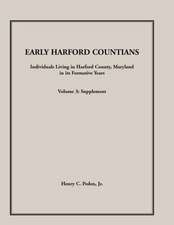Debating the End of History: The Marketplace, Utopia, and the Fragmentation of Intellectual Life: Critical American Studies
Autor David W. Nobleen Limba Engleză Paperback – 23 oct 2012
Why do modern people assume that there will be perpetual economic growth? Because, David W. Noble tells us in this provocative study of cultural criticism, such a utopian conviction is the necessary foundation for bourgeois culture. One can imagine the existence of modern middle classes only as long as the capitalist marketplace is expanding. For Noble, the related—and relevant—question is, how can the middle classes believe that a finite earth is an environment in which infinite growth is possible? The answer, which Noble so painstakingly charts, is nothing less than a genealogy of the uses and abuses of knowledge that lie at the heart of so many of our political problems today.
As far back as Plato and as recently as Alan Greenspan, Noble finds proponents of the idea of a world of independent, rational individuals living in timeless simplicity, escaping from an old world of interdependence and generations. Such notions, although in sync with Newtonian science, have come up against the subsequent conclusions of geology, biology, and the physics of Einstein. In a survey of the responses to this quandary of historians, economists, literary critics, and ecologists, Noble reveals how this confrontation, and its implications for a single global marketplace, has forced certain academic disciplines into unnatural—and untenable—positions.
David Noble’s work exposes the cost—not academic at all—of the segregation of the physical sciences from the humanities and social sciences, even as it demonstrates the required movement of the humanities toward the ecological vision of a single, interconnected world.
As far back as Plato and as recently as Alan Greenspan, Noble finds proponents of the idea of a world of independent, rational individuals living in timeless simplicity, escaping from an old world of interdependence and generations. Such notions, although in sync with Newtonian science, have come up against the subsequent conclusions of geology, biology, and the physics of Einstein. In a survey of the responses to this quandary of historians, economists, literary critics, and ecologists, Noble reveals how this confrontation, and its implications for a single global marketplace, has forced certain academic disciplines into unnatural—and untenable—positions.
David Noble’s work exposes the cost—not academic at all—of the segregation of the physical sciences from the humanities and social sciences, even as it demonstrates the required movement of the humanities toward the ecological vision of a single, interconnected world.
Preț: 219.11 lei
Nou
Puncte Express: 329
Preț estimativ în valută:
41.93€ • 43.62$ • 34.62£
41.93€ • 43.62$ • 34.62£
Carte tipărită la comandă
Livrare economică 12-26 aprilie
Preluare comenzi: 021 569.72.76
Specificații
ISBN-13: 9780816680597
ISBN-10: 0816680590
Pagini: 224
Dimensiuni: 140 x 216 x 15 mm
Greutate: 0.3 kg
Ediția:1
Editura: University of Minnesota Press
Colecția Univ Of Minnesota Press
Seria Critical American Studies
ISBN-10: 0816680590
Pagini: 224
Dimensiuni: 140 x 216 x 15 mm
Greutate: 0.3 kg
Ediția:1
Editura: University of Minnesota Press
Colecția Univ Of Minnesota Press
Seria Critical American Studies
Notă biografică
David W. Noble, professor emeritus at University of Minnesota, is the author of many influential books including The Progressive Mind, 1890–1917, The End of American History, and Death of a Nation: American Culture and the End of Exceptionalism.
David R. Roediger is professor of history and African American studies at the University of Illinois, Urbana–Champaign.
David R. Roediger is professor of history and African American studies at the University of Illinois, Urbana–Champaign.
Cuprins
Contents
ForewordDavid R. Roediger
Acknowledgments
1. Two-World Metaphors, from Plato to Alan Greenspan
2. Historians against History
3. Economists Discover a New New World
4. Literary Critics Become Cultural Critics
5. Ecologists on Why History Will Never End
6. When Prophecy Fails
Notes
Index
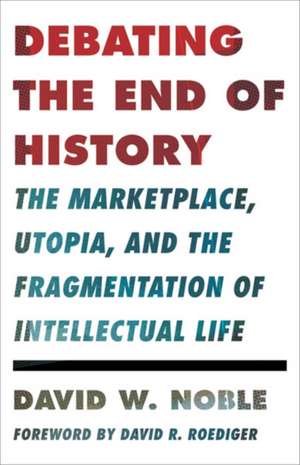
















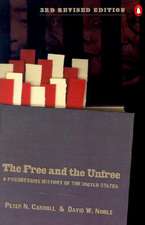

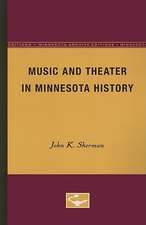
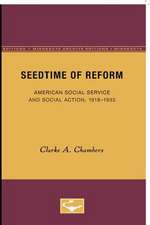

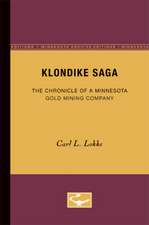
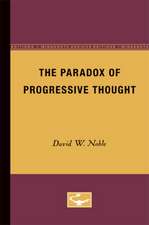

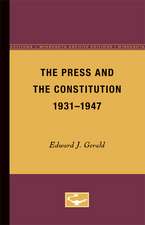
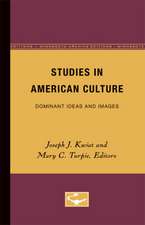

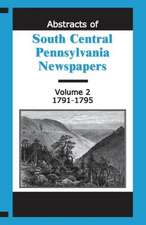
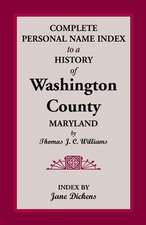

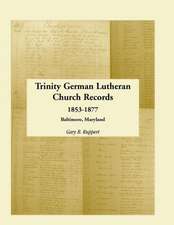
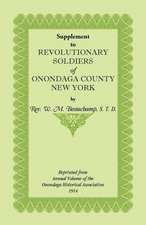

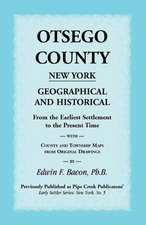
![Early Wayne County [New York] Settlers and Their Rhineland Origins](https://i1.books-express.ro/bt/9781585498413/early-wayne-county-new-york-settlers-and-their-rhineland-origins.jpg)
